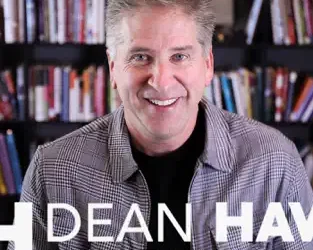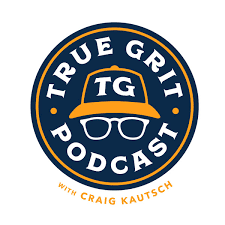As a rule, leaders simply talk too much!!! We have lots of great ideas, want to impart vision, and want to challenge the troops. But I promise you, leaders deliver way too many words per conversation and it gets in the way of what you want to do. In fact, neuroscience has discovered what happens to the brain when it is being lectured to. It goes to sleep!!! Your brain can only receive so many words from another person before it checks out and takes a nap.
Why do leaders talk so much? Lots of reasons. The good: We are excited about a new initiative. We want to explain a process or a challenge. We have seen great speakers catalyze audiences. And the not-so-good: We like to hear ourselves. We have little clue about the impact on our verbiage on others. We talk more when we are anxious, to feel more in control and less insecure. We think the more words we use, the more clear the explanation. Actually, it doesn’t matter whether the intent is good or not-so-good. The outcome is the same. People check out and while they are looking at us, nodding, saying “Wow, that’s so true, yes, that’s exciting, thanks Boss.” They forget what you said, so their behavior doesn’t change. And most importantly, they are less likely to pay attention to you the next time you start talking.
Here are some tips that will help:
Cut it by 2/3. I think leaders can have great organizational performance and only use 33% of their words. Just use the right words and think “less is more.”
Listen well before you speak. Make sure you aren’t answering a question that has already been answered. When I have the chance before speaking to a group, I have a query session so that I really know what’s going on with the team.
Allow silences. The space between sentences will work for you. The best speakers in the world have meaningful pauses at the right time. You are allowing their brains to think about and digest your last point. The fire hydrant approach simply doesn’t get the job done.
Settle for less information. You don’t have to recreate the world, whether it is a point you are making at a party, or a keynote at an association meeting. Just make a couple of points that matter, give a story or two, and stop. As a writer, I have the same problem. Yesterday I had a talk with my publisher’s executives about a proposal for a leadership book I want to write. They said, “We love the content, but you do what you always do. It’s too much, probably 3 books’ worth here. Just write one of those books here first.”
Get honest honest honest feedback. Ask someone who is truthful in your life, “Do I talk too much? You can’t hurt my feelings.” Actually, they can, but it will be worth it. Listen to what they say, and ask “When am I especially verbose: team meetings, social gatherings, conferences?” It will help.
You can help your people by talking less and saying more!





